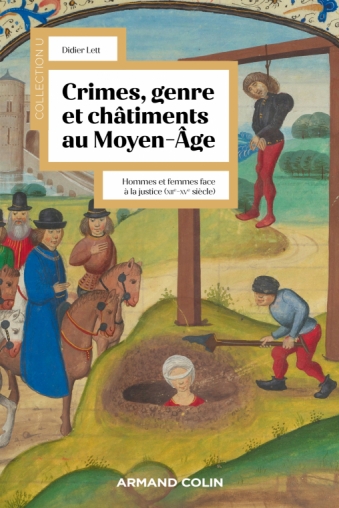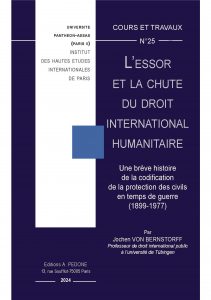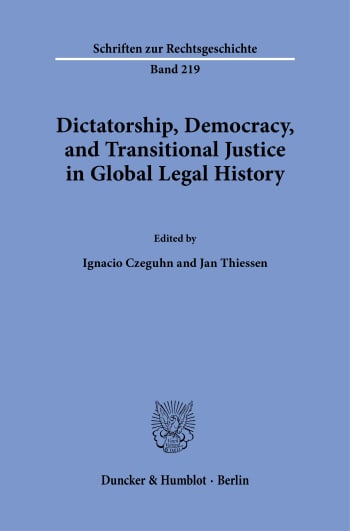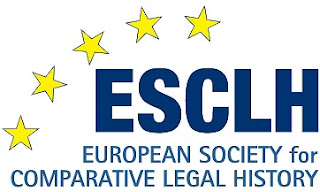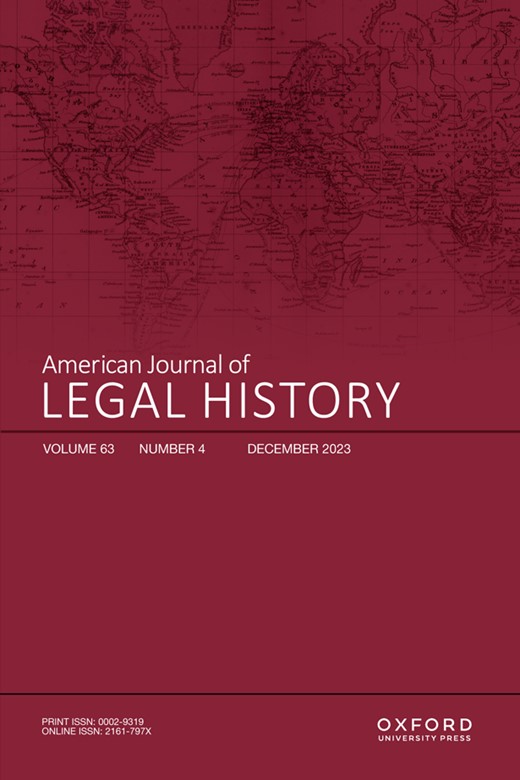University of Vienna, Research Center for the History of Transformations (RECET)
EXTENDED DEADLINE: 7 PhD Positions "Historical and Cultural Studies" and "Social Sciences" (RECET, Univ. of Vienna)
| Institution Type: | College / University |
| Location: | Austria |
| Position: | Doctoral Fellow |
The University of Vienna is looking to hire 7 PhD researchers for 3+1 years (the fourth year is contingent on the positive evaluation of submitted work) within the framework of the new interdisciplinary FWF doc.funds program "The Dynamics of Change and the Logics of Transformation: State, Society, and Economy at Critical Junctures", starting on 1 September 2024. The doc.funds program is integrated the Doctoral School of Historical and Cultural Studies (DSHCS) and the Vienna Doctoral School of Social Sciences (ViDSS). The researchers will also be affiliated with the Research Center for the History of Transformations (RECET) and the Research Platform “Transformations and Eastern Europe."
In this doctoral program, we build on and critically engage with Karl Polanyi’s theory of social, economic, and political change to understand transformation processes in both past and present and work towards a comprehensive theory of social transformation. This approach allows us to analyze multilevel transformation processes of the state, society and the economy in different times and geographical contexts.
Your future tasks:
Your main task is to complete the dissertation. Doctoral students will enjoy structured and interdisciplinary doctoral training in the two doctoral schools, with
- coursework concentrated in the first 12 months,
- a research paper due after the first year,
- and chapter submissions based on ongoing research after the second and third years, which determine the possible extension of the contract to a fourth year.
You are expected to participate in events organized by RECET, the Platform and the doctoral schools. You can also take part in the colloquia, workshops etc. at the respective institutes or departments of the PIs.
You present your research results at conferences and publish in peer-reviewed journals.
You actively shape the profile of the doctoral program by initiating workshops, conferences or other activities.
General requirements:
- By the beginning of the project (1 September 2024), applicants need to hold a Master’s degree (or equivalent) in a relevant discipline for the respective project that qualifies them for doctoral studies.
- High level of motivation and commitment to successfully complete your doctoral studies within the anticipated time frame
- Collaborative, team-minded and pro-active attitude
- High level of written and oral communication skills
- The working language of the doc.funds program will be English (level C1 or English-language degree required upon project start); knowledge of German is not a precondition for admission, though of course advantageous in order to integrate well at the University of Vienna. Other language requirements are specific for each project.
We seek to fill seven positions in different fields which require the following specializations and skills:
The seven doctoral projects we envision are situated in a field defined by interlocking key themes: the transformation of statehood & sovereignty, of labor, of mobility, and of rights. They focus on Central & Eastern Europe, with important transnational and global extensions. The objective is to combine insights from history and social sciences to study transformations in the wake of major ruptures during the 20th and 21st centuries.
Each project is associated with one of the seven faculty members associated with the program (for a full description of the projects and their specific requirements see: https://www.recet.at/event-news/news/detail/cfa-7-phd-positions):
1. Transformations of Free Movement: Central and Eastern Europe 1972-2004 (Jannis Panagiotidis)
The project works from the hypothesis that Central and Eastern Europe (CEE) and the western (former) Soviet republics constitute a migration space with its own history that can be studied across the caesura of 1989 to investigate the transformations of mobility and migration under different mobility regimes. Applicants should suggest suitable case studies, which ideally combine both “top-down” and “bottom-up” perspectives to assess both the making and the experience of mobility in the region. They should be familiar with concepts of migration history and/or transnational history and possess relevant language skills for the case studies they choose.
2. Transformation of Mobility: The League of Nations and post-1918 border and Travel Regimes (Peter Becker)
The management of mobility of people provides an excellent focus to unravel the complex, multi-level decision making and implementation processes resulting in a new international mobility regime after the First World War. We invite candidates to propose a research project based on the analysis of archival documentation generated by the League of Nations and the successor states together with contemporary media coverage to study the regulation of individual mobility in the post-Habsburg lands at both LoN and national levels. Suitable candidates will be familiar with international history and have relevant language skills in at least two languages of the region.
3. The Transformation of Imperial Ecology and Labor Relations after the Fall of the Habsburg Empire (Eva-Maria Muschik)
This project will investigate how the Great Transformation affected forests as well as those in charge of and employed in them in the territory of the (former) Habsburg empire. How did the formal end of empire in 1918 affect the imperial ecology and labor relations of the Habsburg timber industry? How did government officials, Austrian timber businesses, and (migrant) laborers negotiate the transformation of the forest sector after the fall of the Habsburg empire and after critical junctures since? Suitable candidates should be familiar with (Habsburg) imperial, environmental and labor history and have some archival research experience. Knowledge of an Eastern European language is a plus.
4. Transforming Rights: Entangled Debates about Gender Equality during and after the Cold War (1975-1993) (Claudia Kraft)
The doctoral candidate working on this project should be interested in the transformation of women’s rights since the 1970s. The project’s focus should be on debating, formulating, and balancing of individual and group rights in transnationally intertwined debates on gender equality, which took place at the level of both UN expert bodies and social movements. Candidates should take an interest in knowledge production in international organizations and social movements, be familiar with concepts of gender history and transnational/entangled history, and ideally have knowledge of an Eastern European language.
5. A New Great Transformation? East-Central European Capitalism after the Great Financial Crisis (Dorothee Bohle)
The doctoral candidate will be working on a comparative feminist political economy of East Central Europe since the Great Financial Crisis of 2008-2010. Possible research questions could include, for instance, how social reproduction and care, the division of labor within households, or conservative gender norms interact with processes of industrial production, or financialization, and how these interactions play out differently in different countries. Suitable candidates should have some familiarity with debates in comparative political economy and/or feminist political economy, should be familiar with comparative methods, and be interested in East Central European processes of transformation.
6. Transforming the State through Social Work (Tatjana Thelen)
This ethnographic project takes social work as a diagnostic entry point to explore state transformation. Leading questions are how renegotiations of needs, obligations and deservingness reshape the contours and boundaries of the state, with a focus on social workers-in-training as central actors of state transformation. Suitable candidates should be familiar with ethnographic methods and theory building, be interested in the anthropology of the state, and should have language skills in the field of the intended research.
7. The Global Transformation of Shipbuilding since the 1970s with a Focus on East Asia (Philipp Ther)
The PhD-thesis is supposed to deal with the transformation of global industrial production and labour practices in ship-building. A focus on Korea or China (or Japan) would be desirable. The project is inspired by a combination of Polanyian-based research on global business history with a micro-analysis of labor history on the shopfloor level (which would require language competences for conducting oral history interviews). You can combine these foci or choose one of them. For the purpose of comparative research and for showing the multiple connections between shipbuilding in East Asia and Europe, the project can build upon the source and database of a previous study written by Brunnbauer, Ther et. al. on shipbuilding in Poland and Yugoslavia/Croatia . If you have a very original proposal for industries closely connected to ship-building (e.g. steel, or more recently global finance), please feel encouraged to apply as well.
What we offer:
We provide a pre-doctoral work contract (75%, 30h/week, employment group B1, https://personalwesen.univie.ac.at/en/jobs-recruiting/salary-scheme/).
The employment duration is 3 years. Initially limited to 1.5 years, the employment relationship is automatically extended to 3 years if the employer does not terminate it within the first 12 months by submitting a declaration of non-extension. With appropriate work progress, an extension to a total maximum of 4 years is possible.
PhD students will be provided with office space and integrated into a vibrant research environment at RECET, the Platform, the doctoral schools, and the departments of their respective supervisors.
How to Apply:
Applications must be written in English and must include:
- a cover letter
- a current CV
- a writing sample (e.g. MA thesis, published article or similar in English, German or other languages relevant to the respective topic)
- a project proposal of no more than 5 pp., indicating the topic you would like to apply for
- scans of your university diplomas
- Please also document language competences if needed for the single project.
Deadline for submissions is 26 April 2024.
Please submit your application as one PDF file here: https://dshcs.univie.ac.at/en/scholarships-grants/open-positions/applydshcs/
Potential candidates will be interviewed online at the end of April/beginning of May 2024. Starting date will be 1 September 2024.
For additional questions please contact:
jannis.panagiotidis@univie.ac.at
The University of Vienna has an anti-discriminatory employment policy and attaches great importance to equal opportunities, the advancement of women and diversity. We lay special emphasis on increasing the number of women in senior and in academic positions among the academic and general university staff and therefore expressly encourage qualified women to apply. Given equal qualifications, preference will be given to female candidates
(Source: HNet)





